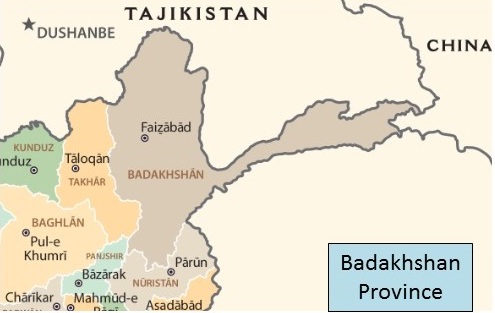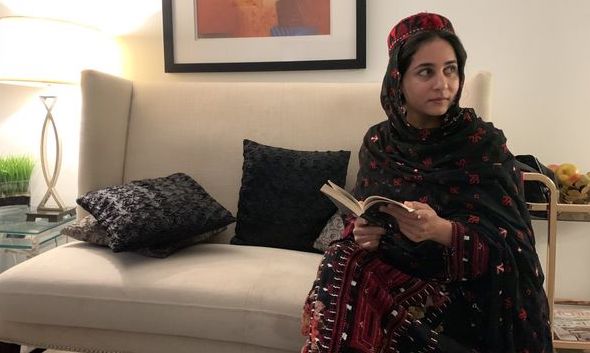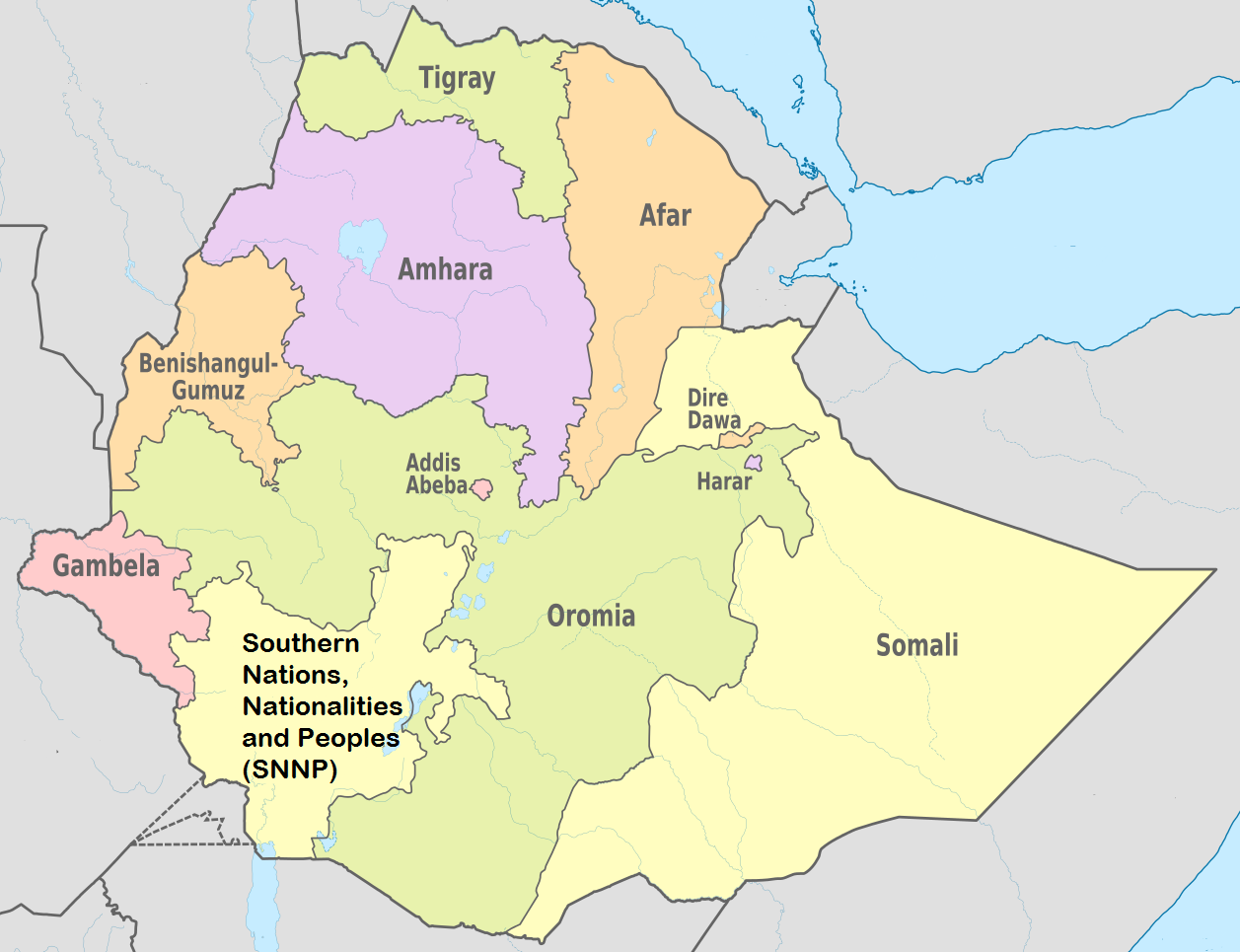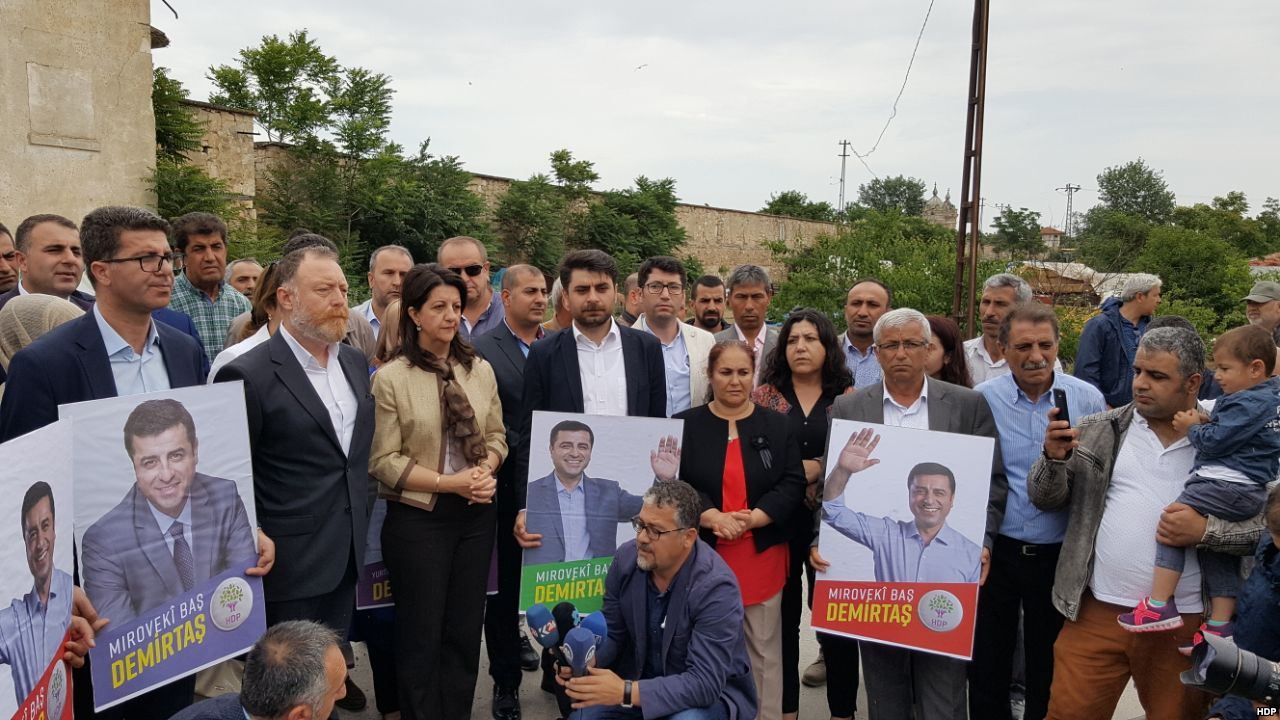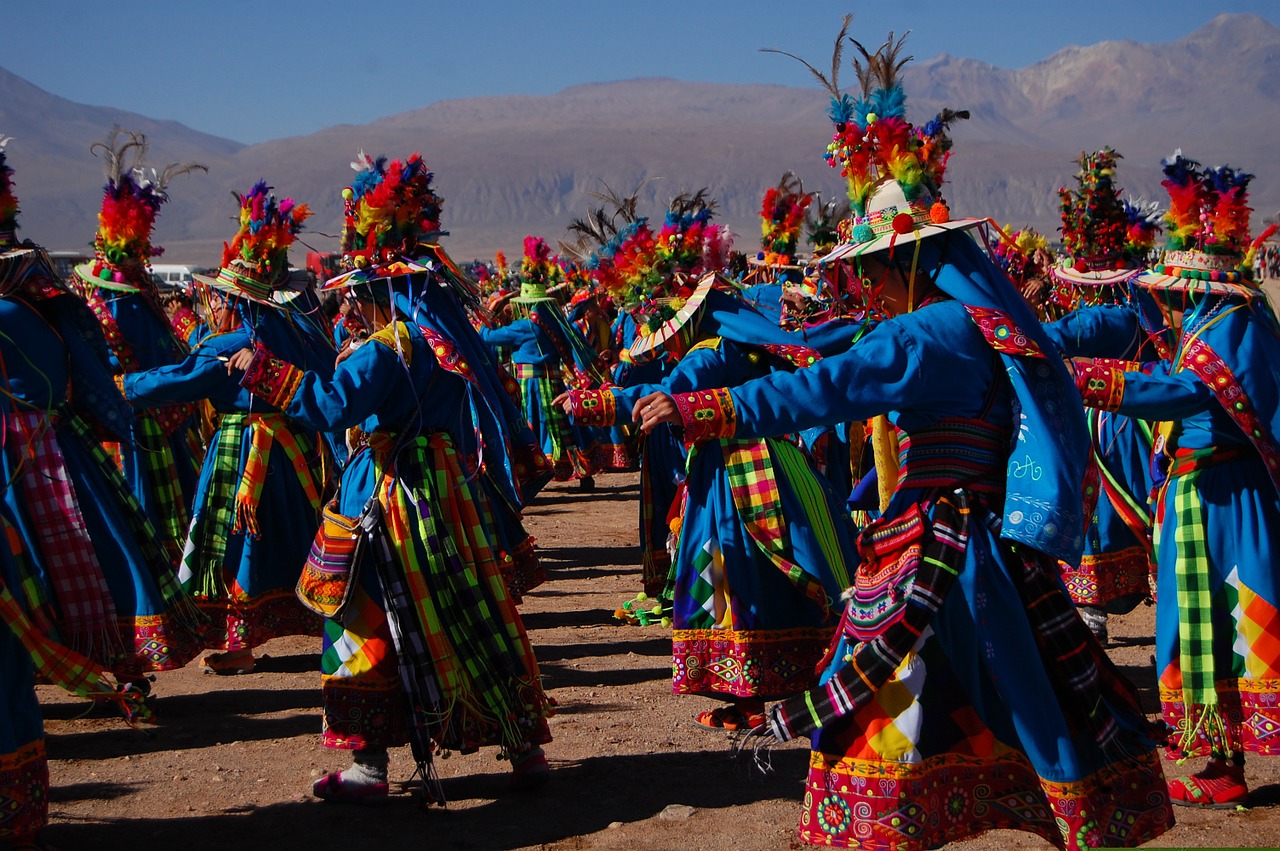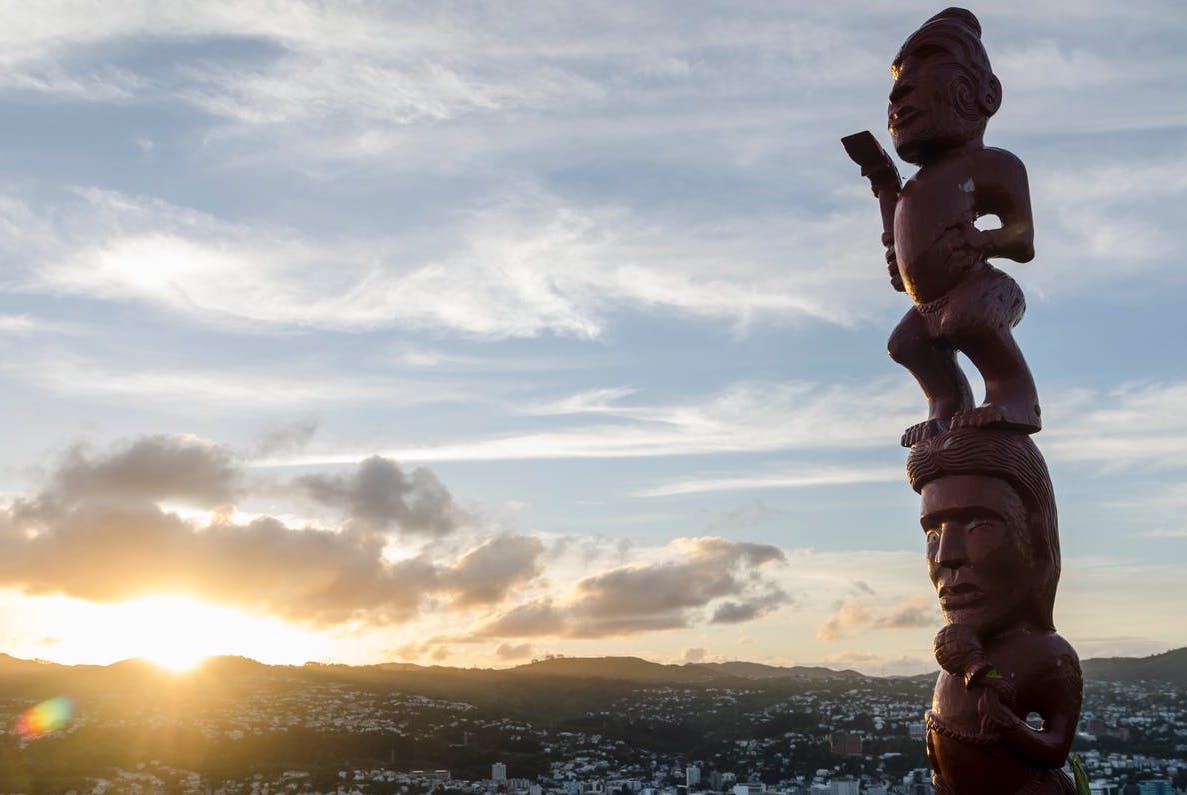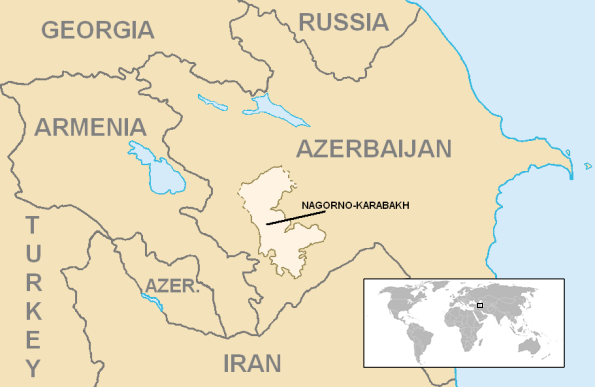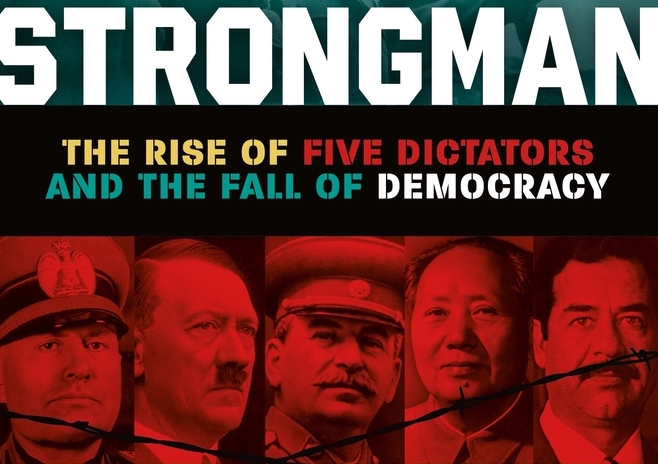
Podcast: Rule of the Strongmen
In Episode 59 of the CounterVortex podcast, Bill Weinberg takes stock of Trump’s evident preparation for a coup d’etat and what could be a culminating moment for the current crisis of American democracy. In the context of this dilemma, he discusses two very timely new books with similar titles that both examine the mechanics by which dictators seize and maintain power: Strongman: The Rise of Five Dictators and the Fall of Democracy by Kenneth C. Davis and Strongmen: Mussolini to the Present by Ruth Ben-Ghiat. Listen on SoundCloud or via Patreon. (Image via Macmillan)



